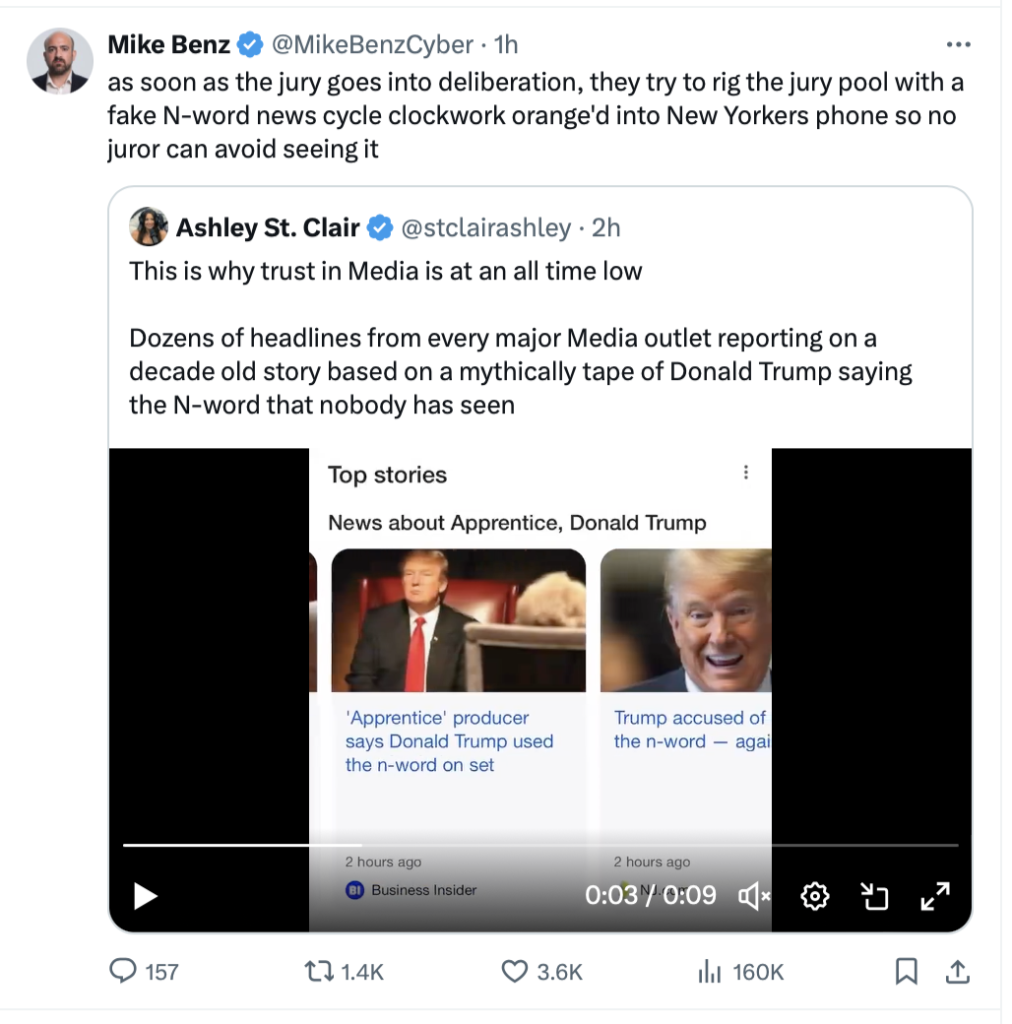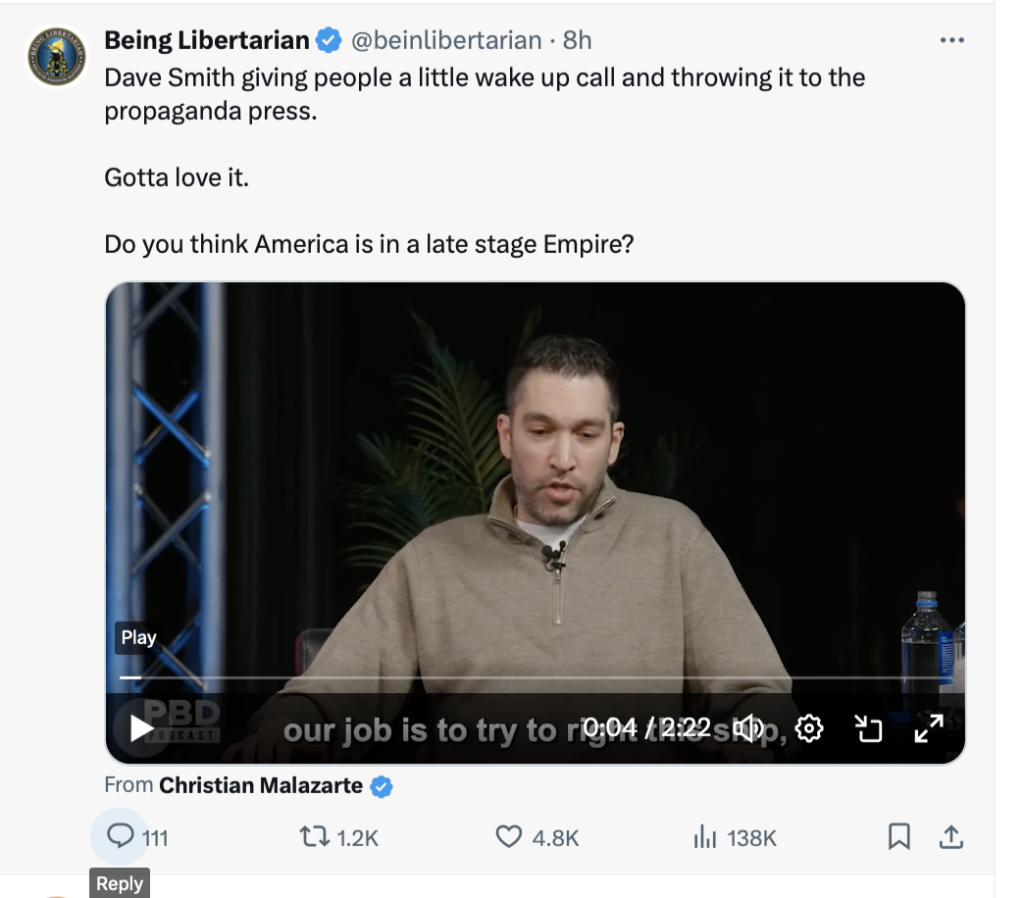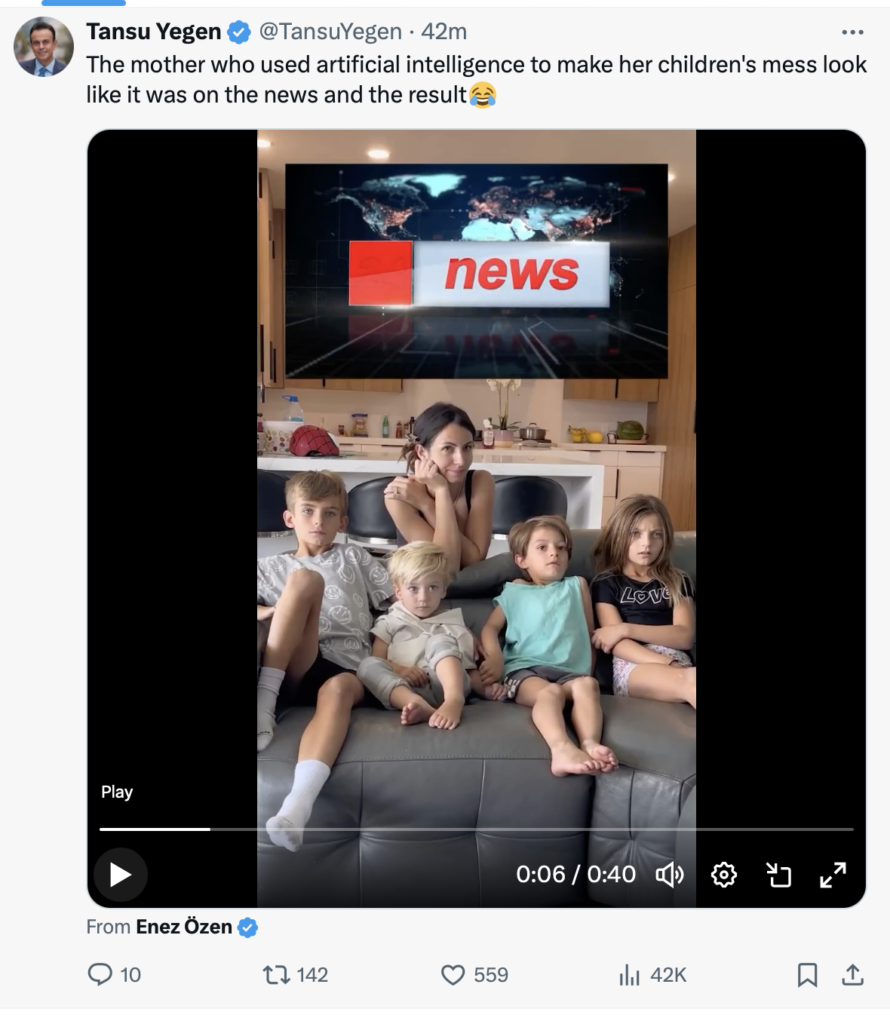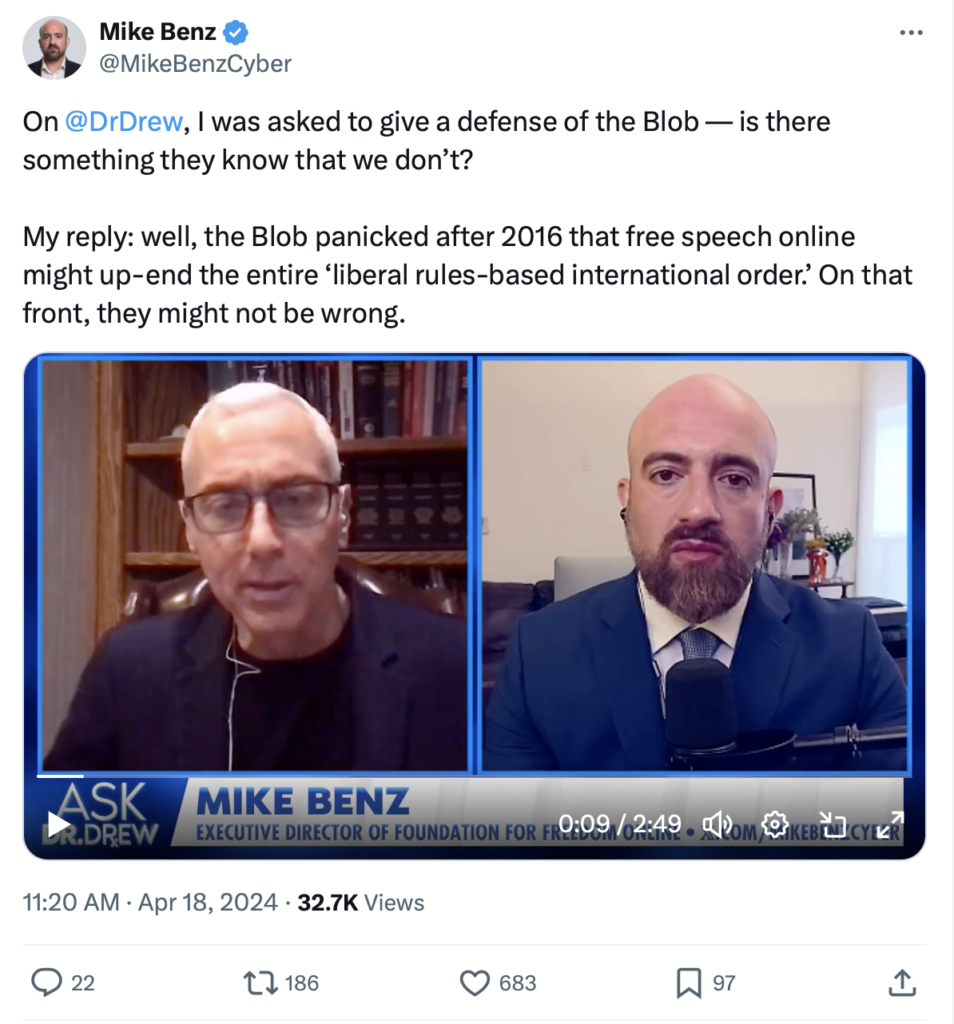I'm no fan of Donald Trump. Rather, I'm writing this as a student of corporate media corruption and entanglement with the expansive federal security state ("the Blob"). It's amazing to see the power of the Blob. Someone must have hit the "Go" button and they all jumped into action. Who makes these decisions? Are they people who we elected? Or are they the relatively small cabal of super-rich people who largely determine who we get to vote for on a national level to give the illusion that we have a democracy? Check out the many examples below of this most-recent media narrative:

The blob is actually a term from President Obama's Deputy National Security Adviser Ben Rhodes, who was opining on the difficulty within the White House of getting things done because they seem to be up against an impenetrable force, an a amorphous alien monster that was more powerful than even even the Obama White House. And so he sort of coined this phrase, out of exasperation, in a certain sense, but it's been adopted in Washington. It refers to the foreign policy establishment and I'll sketch out what that is, and it's not just the foreign policy establishment within the government. It is the external stakeholders in the corporate and financial worlds who are the donor draftor class off of the government activity.
So I'll sketch that out a little bit here. The foreign policy establishment is the side of our government that faces outward rather than inward to manage the American empire, rather than the American homeland. We have government agencies that manage the American homeland, like Housing and Urban Development, the Department of Agriculture, the Department of Labor. They all face inward. They don't do international business, so to speak with, you know, Ukraine or Moldova, or Sub Saharan Africa.
We have three sides of our government--three departments or constellations of entities that face outward and those are the Pentagon, the State Department and our intelligence services, such as the CIA. Now, together, they basically form this defense diplomacy intelligence apparatus. And because they face outward and their mandate is to protect and maximize US national interests on the world stage, they have a license to do dirty tricks that domestic facing institutions are not empowered to do. So for example, they can wiretap foreign citizens. They don't need to get a warrant for it. They can bribe foreign media institutions to promote or kill stories. They can set up their own media vehicles to be able to swing hearts and minds so that another country's own parliament votes for or against a different bill there in order to get the people of a foreign country to support a US military base in the region, or a UN Security Council vote in a region. And they're they're deployed with this dirty tricks power, which involves a license to lie.
So for example, the Central Intelligence Agency under National Security Council 10-2 back in the 1940s, was given basically a license to do all sorts of criminal or illegal illegal activity as long as they maintain plausible deniability, meaning as long as the US government could plausibly deny that the Central Intelligence Agency or that the US government was behind it, they could engage in criminal activity. Now, that was all set up the foreign policy establishment, the blob, who again on the inside is State Department, Pentagon and, and CIA--we'll just say for shorthand--for the intelligence community. The social contract when that was set up in 1947 1948, was that it was for managing the American empire for the benefit of the citizens of the homeland. And it would have these dirty tricks powers. It would be able to spy. It would be able to lie. It would be able to rig elections, be able to rig media, because at the end of the day, the citizens here would benefit from it, but it would never be turned on our own citizens. That's what our constitution is for. And, and all the other you know, protections that go into being a US citizen.
That's the inside of the blob. The outside of it is the corporate and financial stakeholder class. These are the corporations and the banks, and the financial investors who are the sort of donor draftor class off of the activities of the government. When I refer to drafting you can think of it like a bike race. The strategy in a bike race is not to be out in front where the full blast of the wind is hitting you. The most efficient strategy in a bike race is to be second in line, to draft off of the person who goes first, so that they cut the wind for you so you save all your energy and are able to just overtake them on the last lap, so to speak.
So US multinational corporations, since the age of globalization, have relied on the blob, have relied on the State Department, the Pentagon to the CIA, in order to protect and secure foreign markets for their products, to protect and secure cheap manufacturing in those regions. To protect and secure against issues around tariffs or taxes or labor or regulations. And it's the job of the State Department to go in and pressure that foreign country's government. It is the job of our Central Intelligence Agency to go in and rig those elections or to go in and set up a constellation of surround-sound NGO media in order to get that country's population to support that initiative. And it's the job of the Pentagon to do both the sort of dangling threat of military intervention in the name of democracy or the civil affairs of hearts-and-minds works around psychological warfare in order to make that that happened.
Now, that is not that redounds to the benefit of US multinational corporations who operate in that region. So famous example: in the oil and gas space, for example, is Exxon, Mobil, Chevron, these companies, most of their most of their profits come from all the different shale or hydrocarbon reserves around the whole rest of the world. Other countries don't want to voluntarily just give up their oil or give up their gas or give up these these loose business partnerships where they get mostly railed in negotiations there. The government has to cut the wind for Chevron and for ExxonMobil, the government has to go in and basically coerce these foreign governments or or offer carrots and sticks. And so so those companies draft off of the activities of the blob. Now because they are also major financial donors to the political class, they are essentially donors into the decision making within the government, while their own corporate and financial interests draft off the activities of the government who does that work?




